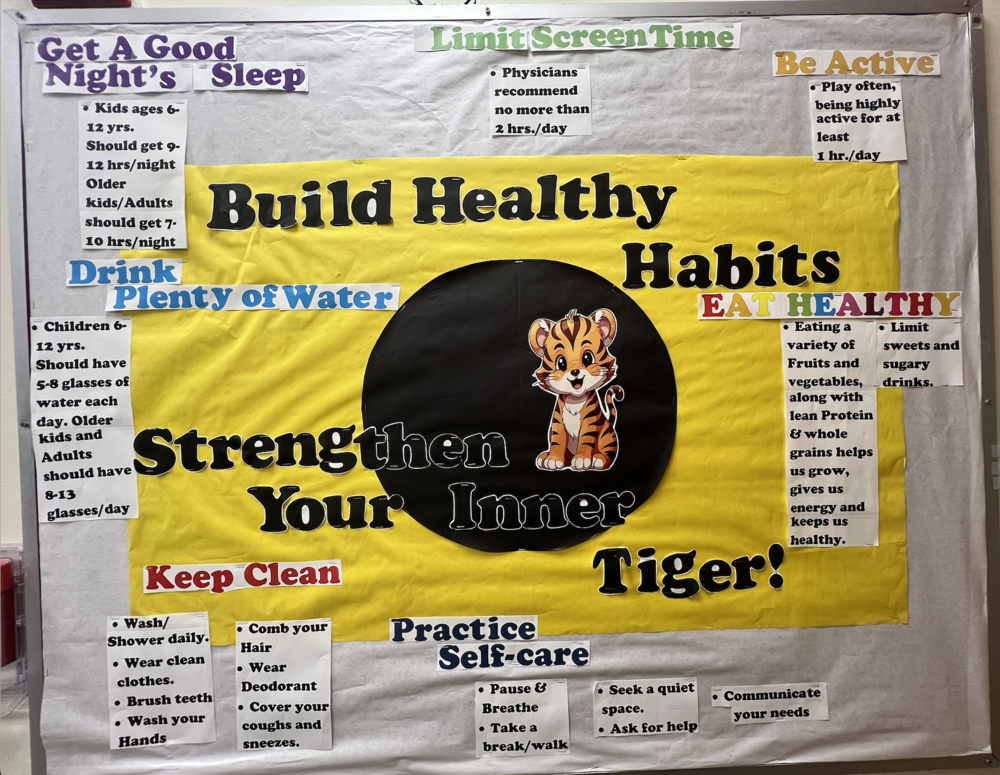We’ve had a busy and productive start to the school year! As students settle into new routines and expectations, they’re also adjusting to the increased exposure to everyday germs that comes with being part of a busy school community.
We’re proud of the way our students have embraced healthy habits—especially handwashing—which plays a big role in keeping our school environment safe and healthy. Even so, it’s normal for students to experience occasional minor illnesses or general feelings of being unwell during the school year.
In many of these cases, symptoms may not be severe enough to require a student to go home, but they can still cause discomfort. When this happens, the health office provides comfort measures—like rest, hydration, and reassurance—to help students continue with their day.
Some students may feel they should go home, even when medically they are able to stay at school. This presents an opportunity to help them build an important life skill: resilience. I’ve started conversations with students about what resilience looks like when it comes to health—acknowledging discomfort, managing it, and continuing with their day when they are able.
We’d love your support at home to continue these conversations. Here are a few questions to explore with your child:
What is resilience?
Why is it important?
How can you develop it?
It may also be helpful to share what you do to make it through your day when you're not feeling 100%, but still have responsibilities to manage. These discussions can help normalize the experience of not always feeling your best, and provide your child with practical tools to cope with common, mild symptoms such as:
Minor headaches
Cold symptoms
Indigestion
Menstruation
Seasonal allergies
Understanding your expectations and strategies can help your child build the confidence and resilience to stay at school and finish the day when they are well enough to do so.
Thank you for being our partners in supporting student health and wellness.
Cessilee Franks, Health Office Staff

